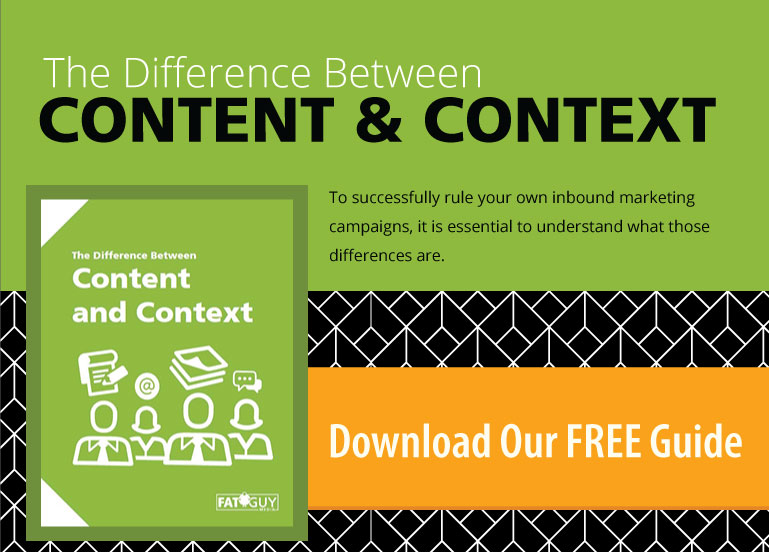For any business with a digital presence, the creation of fresh and relevant content is the lifeblood of marketing. But sometimes inspiration stagnates and content ideas become stale. Some people will tell you that having webpages with similar content is detrimental to your SEO, while others say it doesn’t matter much. In this blog, we bust some myths about duplicate content.
1. There is no Such Thing as a Duplicate Content Penalty
It is a common misconception that the duplicate content penalty is nonexistent. While Google rarely imposes the penalty, it’s alive and well. Link farms and poorly built websites with carbon-copy content get penalized pretty quickly. However, legitimate websites can also be penalized for:
- Directly stealing content from other websites.
- Creating multiple pages with overwhelmingly similar content to rank for certain keywords.
- Scraping images from other websites.
- Auto-translating webpages.
That being said, Google is pretty good at recognizing sites whether genuine, even if they have a few webpages with nearly identical content. Search engines nowadays are all about fostering the best possible user experience. So, as long as you don’t try to manipulate search engines and deceive searchers, your site will not likely be penalized.
2. Posting Non-Original Content will Kill your Site’s SEO
We know now that the duplicate content penalty exists for sites that are blatant copies of others. However, that doesn’t mean posting a piece of non-original content on your website will crush your ranking. Reposting an article that was originally posted by another site will not harm your SEO, unless you post it hundreds of times. Some of the most popular blogs on the Internet are posted by several different websites, and their SEO goes unharmed.
3. Scrapers Destroy your Ranking
If you produce awesome content and someone steals it, you don’t need to immediately notify Google for the sake of saving your ranking. If someone copies and pastes something you’ve written, the links are usually included, too. While the websites who may directly copy and paste your content typically have little authority, they still provide some links back to your site—which actually improves your ranking.
You should report content of yours that others have duplicated only if it surpasses you in search ranking. And that doesn’t happen often, because search engines are usually able to tell you who the original author was.
4. Including Legal Information on Several Site Pages is Taboo
It may be necessary to place disclaimers or legal information on certain webpages. A website that explains how to use potentially dangerous power tools, for example, may include disclaimers stating the limitations of their liability in case a reader gets hurt.
As long as the content within the disclaimer is not some spammy, keyword-stuffed attempt to game the search engine system, ranking shouldn’t be affected. If you must include the same disclaimer on several pages of your website, try to keep the message as brief as possible.
If you’re still worried about duplicate content negatively affecting your SEO, think about rewriting and repurposing your content periodically.



